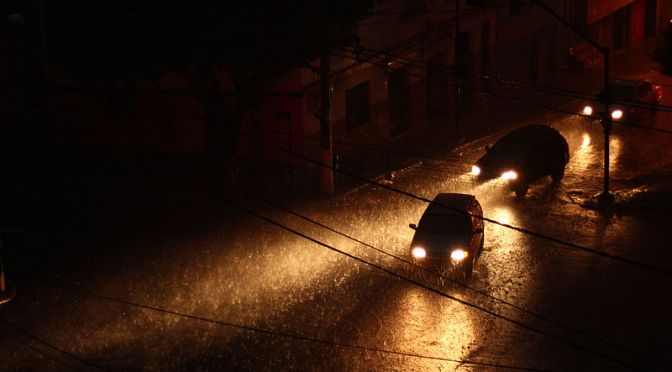The Good Air of Buenos Aires
James F. Olwell
The waves of sun shine dance
upon the leaves, under the floss silk tree,
fall in the pond in the Japanese garden ,
given by the Japanese community
to commemorate it’s own founding.
The enormous Koi carp (goldfish) there,
perceiving movement upon the pink arched bridge,
arrive as a multi-colored mob, open mouthed,
Certain there will be food.
While the Plaza Allegmana
presents it’s park, perhaps,
in honor of whom it was permitted
to let in, to keep out.
Elsewhere, even the pigeons seem
to have isolated the weak.
You can recognize the unsleek,
over-scratching, immobilized
while they rot in the corner.
Little green mountains of bags
appear at end of day,
neat and clean upon the sidewalk
‘til they meet a small army
of families or young boys or men,
pregnant women, an inclusive world,
to pick through, pluck any edible
combine into a meal, no
assurance here for open mouths.
No country from which tourists come
gave a park or leafy garden
to honor the hungry, ill begotten,
disrespectable mobs of mouths, worthless
to the great buildings, as of Europe,
great avenues of eleven lanes of cars.
No, no country gave, neither here nor home,
—in honor of the hungry families,
nor Argentina neither that,
oh one of many, one of many,
let in Nazis, didn’t let in Jews.
photo: by Luis Argerich, Buenos Aires, licensed by Wikimedia Commons










